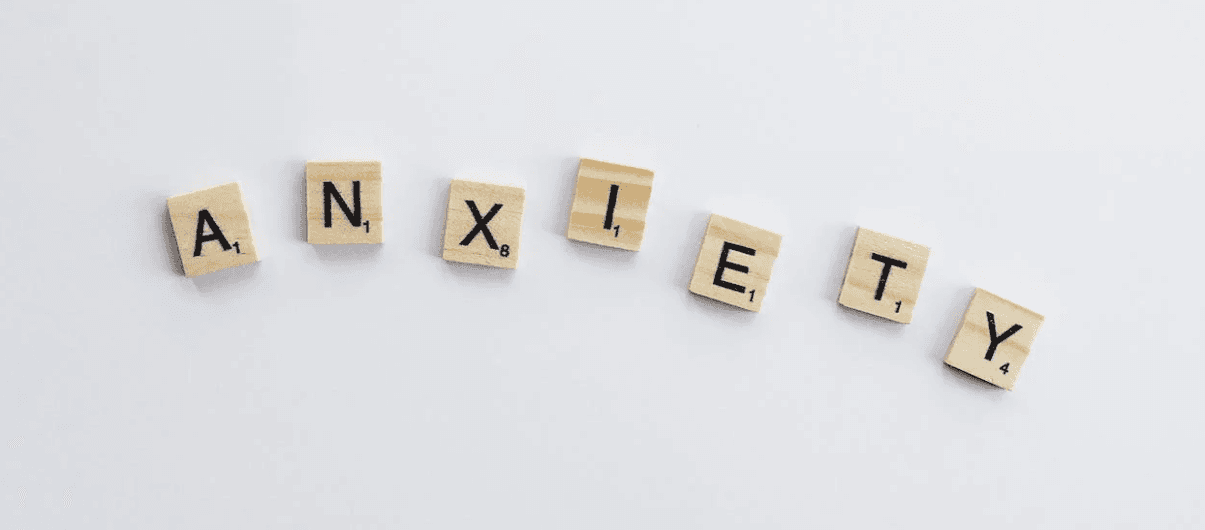Understanding Drug Abuse: Causes, Effects, and Prevention
Ideas, facts & insights covering these topics:
11 ideas
·461 reads
1
Explore the World's Best Ideas
Join today and uncover 100+ curated journeys from 50+ topics. Unlock access to our mobile app with extensive features.
Explanation of drug abuse
Drug abuse refers to the habitual use of drugs in a manner that is harmful to an individual's physical and mental health, as well as their social and personal life. This can include the use of illegal drugs such as cocaine or heroin, but also the misuse of prescription medications or over-the-counter drugs. Drug abuse can lead to a range of negative consequences, including addiction, overdose, and long-term health problems. It can also impact an individual's relationships, work, and financial stability.
6
63 reads
Importance of understanding drug abuse
Firstly, it can help individuals recognize and avoid the potential dangers of drug use, as well as understand the risks and consequences associated with drug abuse. Secondly, it can help individuals and communities identify the root causes of drug abuse, such as social or economic factors, and work towards addressing these underlying issues. Thirdly, it can inform the development of effective prevention and treatment strategies, including education, community programs, and policy changes.
6
58 reads
Biological factors that contribute to drug abuse
Brain chemistry: Certain chemicals in the brain, such as dopamine, can affect an individual's propensity for drug abuse and addiction.
Mental health disorders: Mental health disorders such as depression, anxiety, and ADHD can increase the risk of drug abuse.
Age and developmental stage: Adolescents and young adults may be more susceptible to drug abuse due to the ongoing development and changes in the brain during this period.
Gender: Gender can influence an individual's risk for drug abuse, with men being more likely to develop substance use disorders.
6
51 reads
Psychological factors that contribute to drug abuse
Factors such as stress, trauma, and mental health disorders can increase the likelihood of drug abuse in several ways.
stress, trauma, and mental health disorders can increase the likelihood of drug abuse by making drug use seem like a way to cope with difficult emotions or situations. However, it is important to recognize that drug use ultimately worsens these issues and can lead to serious physical and mental health problems. Seeking professional help for underlying mental health issues and finding healthier coping mechanisms can be an important step towards preventing drug abuse.
6
44 reads
Social factors that contribute to drug abuse
Peer pressure: Adolescents and young adults are particularly vulnerable to peer pressure, which can involve feeling pressured to fit in, conform to group norms, or participate in risky behaviors.
Environmental influences: Environmental factors such as availability of drugs, exposure to drug-using peers, and access to drug-related paraphernalia can also increase the likelihood of drug abuse.
Socioeconomic status: Individuals living in poverty or facing economic instability may be more likely to turn to drugs as a means of coping with stress, unemployment, or financial insecurity.
6
42 reads
Short-term effects of drug abuse on the body and mind
Stimulants such as cocaine and methamphetamine can increase heart rate, blood pressure, and breathing, while also causing heightened alertness, euphoria, and decreased appetite. Depressants like alcohol and benzodiazepines can slow down heart rate and breathing, leading to slurred speech, confusion, and impaired coordination. Opioids such as heroin and prescription painkillers can cause drowsiness, slowed breathing, and decreased pain perception. Marijuana can cause impaired memory, judgment, and coordination, as well as altered perception of time and mood swings.
6
46 reads
Long-term effects of drug abuse on physical and mental health
Cocaine use has been linked to increased risk of heart attack, stroke, and cardiovascular disease. Opioid use, on the other hand, can lead to respiratory problems such as decreased breathing rate and chronic bronchitis. In addition, chronic use of drugs like methamphetamine and ecstasy can lead to permanent neurological damage, including memory loss, impaired cognitive function, and mood disorders. The development of chronic health problems can vary based on factors such as the type of drug used, the frequency of use, and the individual's overall health status.
6
37 reads
Social and economic effects of drug abuse
As drug use takes center stage in a person's life, they may begin to prioritize obtaining and using drugs over maintaining healthy relationships or fulfilling responsibilities such as work or school. This can lead to strained or broken relationships, job loss, and poor academic performance. In addition, drug abuse can increase the likelihood of engaging in criminal behavior and involvement with the legal system. This can result in arrest, conviction, and imprisonment, which can further exacerbate the negative impacts of drug abuse on a person's life.
6
30 reads
Prevention strategies for drug abuse such as education, community programs, and policy changes
Education can play a crucial role in increasing awareness about the dangers of drug abuse and preventing individuals from experimenting with drugs. Schools and communities can provide education on the risks associated with drug use, including physical and psychological harm, and addiction. Community programs can offer support and resources for individuals at risk of drug use, such as counseling and peer support groups. Additionally, policy changes, such as increased regulation and access to treatment, can help prevent drug abuse.
6
34 reads
The importance of seeking help for drug abuse
Treatment can help individuals address underlying mental health issues, trauma, or environmental factors contributing to drug use. Additionally, seeking help for drug abuse can prevent further physical and mental health problems and reduce the risk of legal and social consequences associated with drug use.
Addiction is a treatable condition, and seeking help is a brave and important step towards recovery. There are many resources available, including support groups, therapy, and medication-assisted treatment, to help individuals overcome drug abuse and live a healthy, fulfilling life.
6
25 reads
Conclusion
The hope for a drug-free future lies in continued efforts to prevent drug abuse and provide effective treatment to those who struggle with addiction. While the fight against drug abuse is complex and challenging, progress can be made through a combination of education, prevention strategies, policy changes, and treatment options. It is important to recognize that drug addiction is a chronic and relapsing disease, but with the right support and resources, individuals can overcome addiction and lead healthy, fulfilling lives.
6
31 reads
IDEAS CURATED BY
CURATOR'S NOTE
Drug Abuse
“
Similar ideas
Read & Learn
20x Faster
without
deepstash
with
deepstash
with
deepstash
Personalized microlearning
—
100+ Learning Journeys
—
Access to 200,000+ ideas
—
Access to the mobile app
—
Unlimited idea saving
—
—
Unlimited history
—
—
Unlimited listening to ideas
—
—
Downloading & offline access
—
—
Supercharge your mind with one idea per day
Enter your email and spend 1 minute every day to learn something new.
I agree to receive email updates











